What is the QNAP QSW-1208-8C and why should you care?
Let’s be honest here – I have spoken about this 10GBe switch ALOT. When it was first uncovered almost a year ago now, it caused a great deal of excitement. This is understandable given that 10GBe (in both SFP+ fiver and 10GBASE-T copper) is now becoming exceedingly attractive to home and business users alike. 10 gigabit ethernet is not new, it has been around for quite a few years, to say the least. However, it is only now in 2018 (and the latter stages of 2017) that the cost of it and the ease of setup of 10G is at a point where it is exceedingly attractive. When it was first announced that a big NAS brand like QNAP was going to release an affordable 10Gbe switch that was to feature SFP+ and 10GBASE-T (RJ45), it made ripples across the NAS community.
When I first covered the QSW-1208-8C switch, the details were few and subject to change. This still made enough of an impact to lead me to be asked a question about it almost every single day since! It was fast getting to the point that people were questioning whether it been suspended in development. Lucky for us this turned out not to be the case and in the last month, a flurry of new details were revealed and finally today I get my hands on the QNAP QSW-1208-8C 10GBe switch. So, does it live up to the hype, is this the industry breaking device you hope it is and is this cost-effective, unmanaged 10GBe switch the answer to your fast data needs? Let’s find out.
QNAP QSW-1208-8C 10GBe Switch – Packaging and Contents
The retail packaging of the QNAP QSW-1208-8C is definitely different to that of their NAS range. For those that watched/read my unboxing of the QNAP QBoat Sunny, you will certainly see that QNAP have a different style when it comes to more industrial items. The brown box suggests ‘IT component’, but the overlayed graphics and tasks specific specs detailed outside suggest that they still have a handle on shouting their prowess a bit – can’t really blame them on this score. Once we open up the package we find the following:
- The QNAP QSW-1208-8C 10GBe Switch
- Power Cable
- Optional Rackmount Kit
- Rubberized Feet for Desktop Setup
- Setup Manual and Warranty Information (2 Years)
Fairly standard contents for a switch. I am a little surprised at the lack of even a single Cat6 RJ45 cable, but I guess if this is designed at keeping costs as low as possible, that is understandable. This unmanaged switch is certainly an industrial looking device though, the QNAP QSW-1208-8C is more Robocop (original movie) than Robocop (2014 Remake).
 |
 |
| RoboCop | Me with the QNAP QSW-1208-8C |
QNAP QSW-1208-8C 10GBe Switch – Design
The QNAP QSW-1208-8C 10GBe Switch arrives in at 43mm x 285mm x 233mm in size and at just over 2KG, it is certainly noticeably heavier than a regular 8/12 port gigabit switch. We recently featured the Buffalo BS-MP2008 10Gbe 8-Port Switch and found it weighed around half of this device. However, as this is a 12 port switch that features both 10GBASE-T and SFP+, it is understandable that it needs to be both cooler and features more metal (especially for that fiber connectivity). Also, because this device features 10GBASE-T, It means that it can be easily switched into your existing RJ45 1GBe based network, as they are compatible (legacy / backwards compatibility) and the unmanaged nature of the switch means that it will effectively plug and play into your setup and carry over neatly.
One of the first things that you notice about the QNAP QSW-1208-8C is the sheer number of ports and LEDs. It is genuinely mind-boggling what this £400+ switch covers. It is worth highlighting however that the distribution of the ports in so ports can be combined together in eight or twelve, not every single port being able to work together. However, this is still ample coverage and the QSW-1208-8C offers a combination of 12 SFP+ (fiber) ports and 8 combo RJ45 (copper) ports for connecting different interfaces to the same switch.
With RJ45 interfaces, 10 GbE is supported with Cat 6a (or above) cables. Alternatively, direct attach copper (DAC) cables can be used with SFP+ ports for connecting to servers inside a rack. The switching capacity of the QSW-1208-8C is 240 Gbps, guaranteeing the full potential of each port.
The SFP+ ports will require the use of transceivers and fiber cables. Alternatively, you can use fiber cables that feature the transceivers readily attached. These are typically 7 metres or less but work out much lower in price. FIber is designed to cover much greater distances than copper (RJ45) whilst not losing any speed, and are typically only used by a medium-large business.
Alternatively, you can use the 10GBASE-T ports and your existing RJ45 cables. This form of 10GBe is much lower in price in all aspects of setup and has the added benefit of being compatible with existing RJ45/1Gbe. So you can gradually upgrade your environment with the QNAP QSW.1208-8C switch today and other devices one by one.
The front of the QNAP QSW-1208-8C 10Gbe switch also features lots of LEDs, These indicate power, speed and activity for each available network port. Each one is numbered individually and in its respective group layout.
Ventilation on the QNAP QSW-1208-8C 10Gbe switch is pretty impressive with a large slit ventilated panel on one side that delivers cool air.
This is assisted with the dual internal fans located on the other side moving air through. A very nice bit of active cooling! Two low-noise smart fans, and certified EEE 802.3az (EEE) helps to reduce power consumption for low-speed and inactive connections.
The top of the device does not feature much else than the large QNAP logo. No further ventilation, but given that this device is designed to be desktop OR rackmount mounted, this isn’t a huge surprise.
Same as the Top, there is little real detail and I only really include the picture for the avoidance of doubt!
On the rear of the device (an area I would typically wax lyrically for a good 3 paragraphs on a NAS) it is very understated. The QSW-1208-8C 10Gbe switch features a coms port to integrate the QNAP device into your existing system maintenance (if available) and a power connector. Surprisingly a noticeable distance from the dual fans. So I decided to open up the lid and take a look inside.
QNAP QSW-1208-8C 10GBe Switch – Inside
The lid of the QNAP QSW-1208-8C switch can be removed by the screws on the rear.
Once that is gone, we find lots of interesting hardware qwerks. For a start, we find an ENORMOUS heat sink.
Alongside this, we find dual controllers onboard for the 10GBe 10GBASE-T connections.
In between these, we see the 12 slots for the SFP+ modules. Looking at the circuit board, these appear to feed into an area beneath the heatsink.
A closer look at the PSU shows us just how far the power supply model is from the cooling. This isn’t a bad thing as it appears those fans are more there to keep the heatsink lovely and cool
TIme for more screw-driver work. I removed the screws holding that big heatsink in place and it reveals two Marvell based CPU that appears to connect to the SFP+ ports and the 10GBASE-T controllers.
These look like the brains of the unmanaged switch and I am looking forward to testing this out with a few NAS to see how it fairs.
QNAP QSW-1208-8C 10GBe Switch – Application and Use
This QNAP 10Gbe switch is definitely something that the wider NAS and data community, in general, is crying out for. WIth files getting bigger, the need for NAS and network access in general, has never been higher. So this has resulted in the growth of popularity of faster connectivity such as thunderbolt NAS and 10Gbe. What always put users off till now was the price. It is a real gamble for a company like QNAP to make their first bit move into switches in such an aggressive way, but I generally think they are going to pull it off with this one. Synology has tried to break the router market a few times now with their 4 port 1Gbe RT12900AC and RT2600AC smart routers, both with excellent hardware and software (much more managed with SRM software than this device).
However, with their respective prices around the £150-200 mark, they will struggle to have the future proofing for this £400+ 10GBe switch. With the market making a big, big move towards this area and many consumer devices arriving with 10Gbe 10GBASE-T (RJ45), as well as the growth of hyper-fast 60Ghz WiFi (802.11ad), it is a smart move to buy into 10Gbe now, and at this price, it is damn near irresistible!
QNAP QSW-1208-8C 10GBe Switch – Verdict
I will be conducting several tests with the QNAP QSW-1208-8C 10GBe Switch in the next weeks to see what it can do. The fact this is an unmanaged switch is still an important consideration for those that like to control the flow of their network, assign priorities to some devices or take advantage of link aggregation. Also the ability to block users internally or assign any form of permissions is going to be denied to you. However, if you were considering these features in your network and want 10GBe, be prepared to pay double what this costs for this level of coverage and future proofing, so it would be unfair to judge the QSW-1208-8C 10GBe Switch by these standards. All in all, it has taken me a year to finally get my hands on this device and I can quite honestly say I am pleased with the results. The QSW-1208-8C 10GBe Switch and it’s smaller QSW-804-4C version (released soon) are available now.
What are the Specs of the QNAP QSW-804-4C and QSW-1208-8C 10Gbe switches?
Below are the official specifications of the QSW-1208-8C QNAP 10Gbe switch. Be sure to ensure they are compatible with your setup or contact us to ask more.
| 10G SFP+ (fiber) ports | 4 |
| 10G SFP+ (fiber) and RJ-45 (copper) ports (combo) | 8 |
| Form Factor | Desktop/rackmount |
| Switching capacity | 240 Gbps |
| MAC address caching capacity | 27K |
| Number of priority queues | 8 |
| Jumbo frame support | Up to 9K packet size |
| Power Supply Unit | 100 – 240 V AC, 50 -60 Hz, max. 2.5 A |
| Fan | 2 low-noise smart fans |
| Operating Temperature & Relative Humidity | 0 – 40 ̊ C / 32 – 104° F 10 – 85%, non-condensing |
| Electromagnetic compliance | Class A |
| LED Indicators | Per switch: Power Per port: Speed, link, activity |
| Dimensions (H x W x D) | 43 x 285 x 233 mm |
| Weight | 2.15 kg |
| Limited warranty | 2 years |
| Supported standards | • IEEE 802.3 Ethernet • IEEE 802.3u 100BASE-TX • IEEE 802.3ab 1000BASE-T • IEEE 802.3x Full-Duplex Flow Control • IEEE 802.1p Class of Service • IEEE 802.3az Energy Efficient Ethernet (EEE) • IEEE 802.3an 10GBASE-T • IEEE 802.3bz 5Gbps and 2.5Gbps Ethernet Over Copper Twisted Pair Cable • IEEE 802.3ae 10-Gigabit Ethernet Over Fiber • IEEE 802.3aq 10-Gigabit over Fiber (10GBASE-LRM) • IEEE 802.3z Gigabit Ethernet 1000BASE-SX/LX |
🔒 Join Inner Circle
Get an alert every time something gets added to this specific article!
This description contains links to Amazon. These links will take you to some of the products mentioned in today's content. As an Amazon Associate, I earn from qualifying purchases. Visit the NASCompares Deal Finder to find the best place to buy this device in your region, based on Service, Support and Reputation - Just Search for your NAS Drive in the Box Below
Need Advice on Data Storage from an Expert?
Finally, for free advice about your setup, just leave a message in the comments below here at NASCompares.com and we will get back to you. Need Help?
Where possible (and where appropriate) please provide as much information about your requirements, as then I can arrange the best answer and solution to your needs. Do not worry about your e-mail address being required, it will NOT be used in a mailing list and will NOT be used in any way other than to respond to your enquiry.
Need Help?
Where possible (and where appropriate) please provide as much information about your requirements, as then I can arrange the best answer and solution to your needs. Do not worry about your e-mail address being required, it will NOT be used in a mailing list and will NOT be used in any way other than to respond to your enquiry.

|
 |
Minisforum G7 Pro Review
CAN YOU TRUST UNIFI REVIEWS? Let's Discuss Reviewing UniFi...
WHERE IS SYNOLOGY DSM 8? and DO YOU CARE? (RAID Room)
UniFi Routers vs OpenWRT DIY Routers - Which Should You Choose?
WHY IS PLEX A BIT S#!t NOW? IS 2026 JELLYFIN TIME? (RAID Room)
Synology FS200T NAS is STILL COMING... But... WHY?
Access content via Patreon or KO-FI
Discover more from NAS Compares
Subscribe to get the latest posts sent to your email.


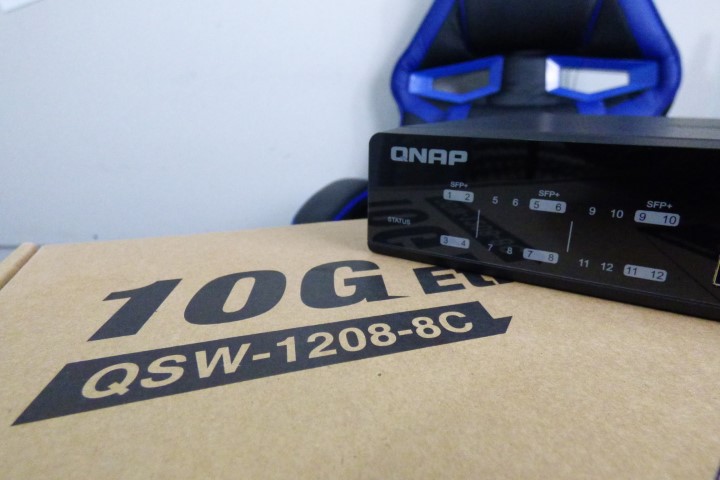
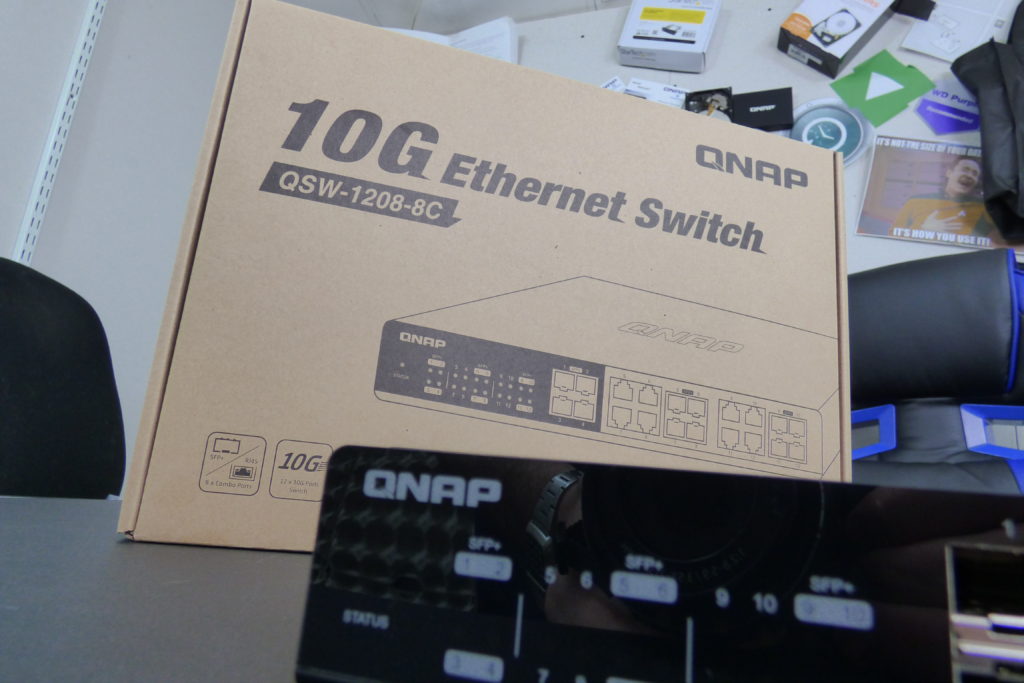
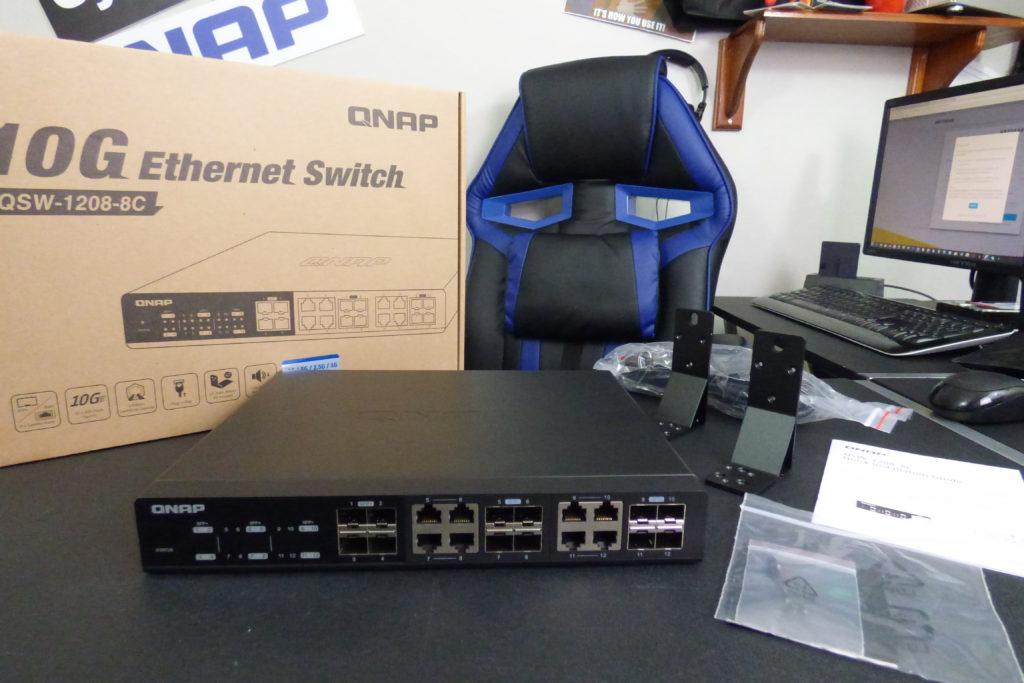
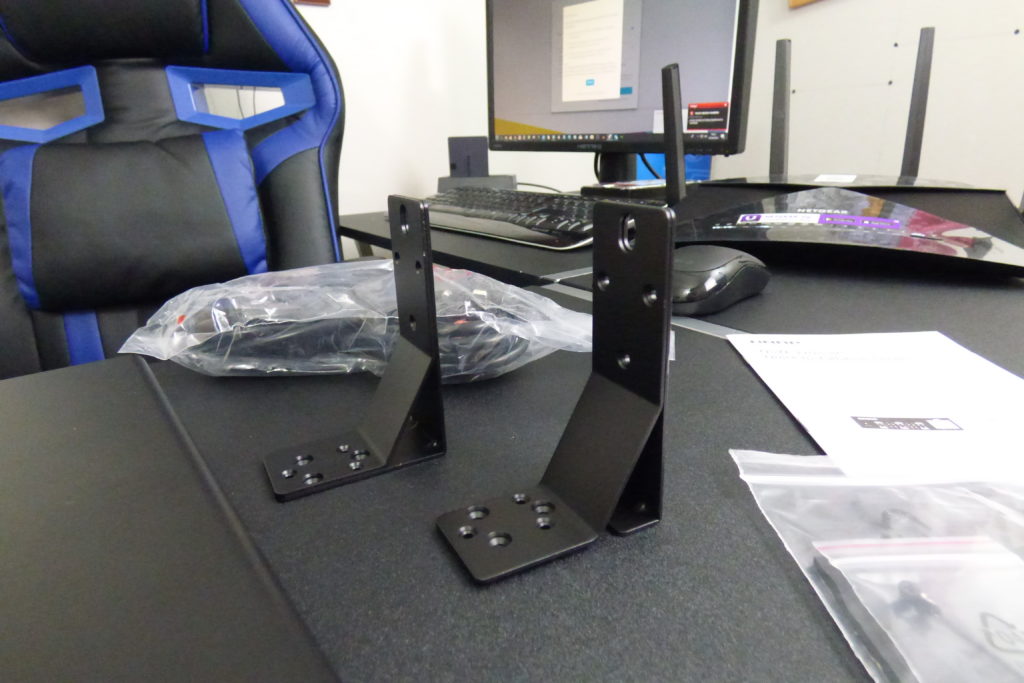
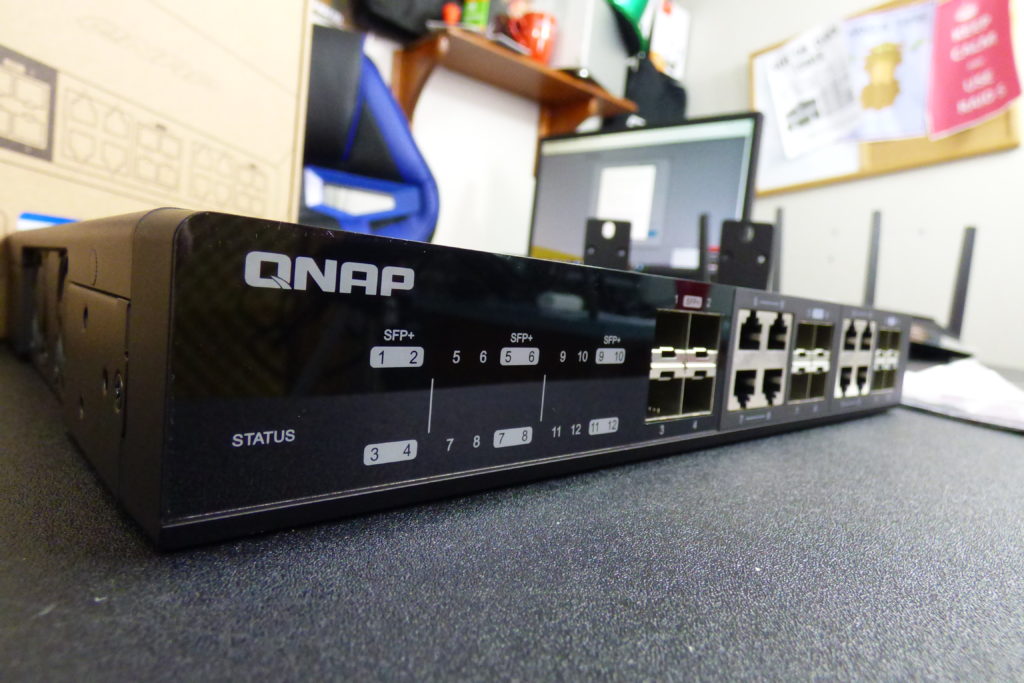
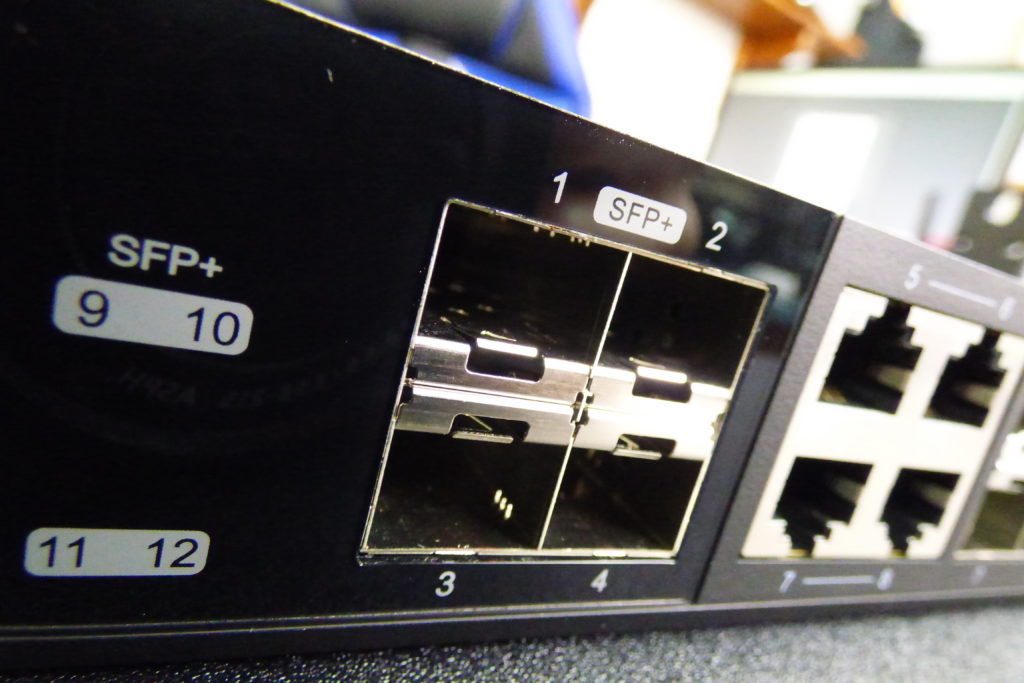
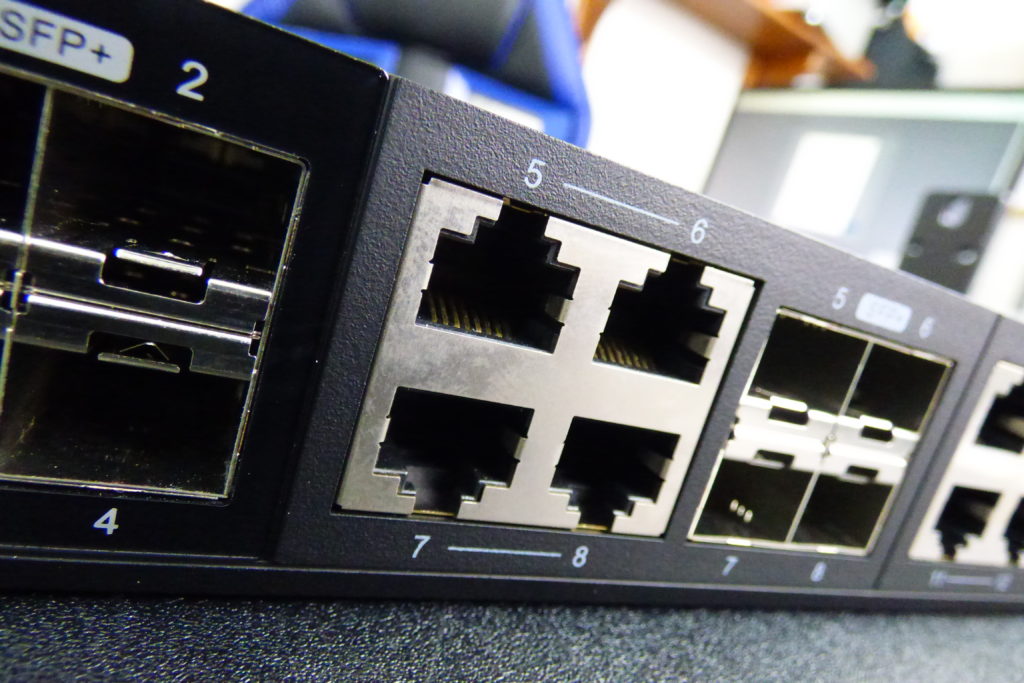
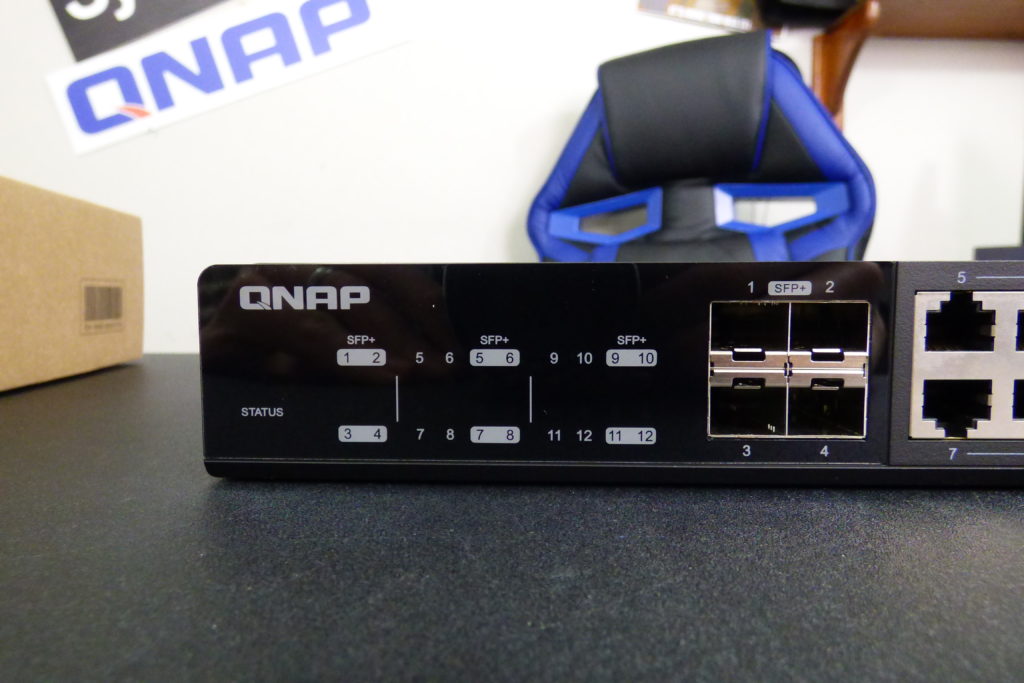
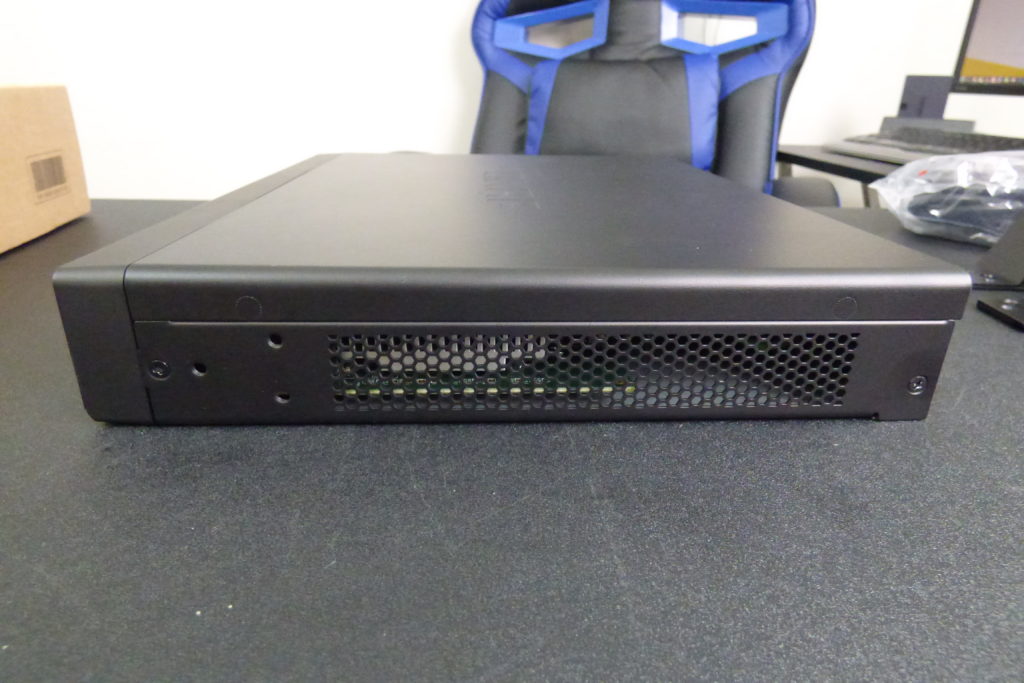
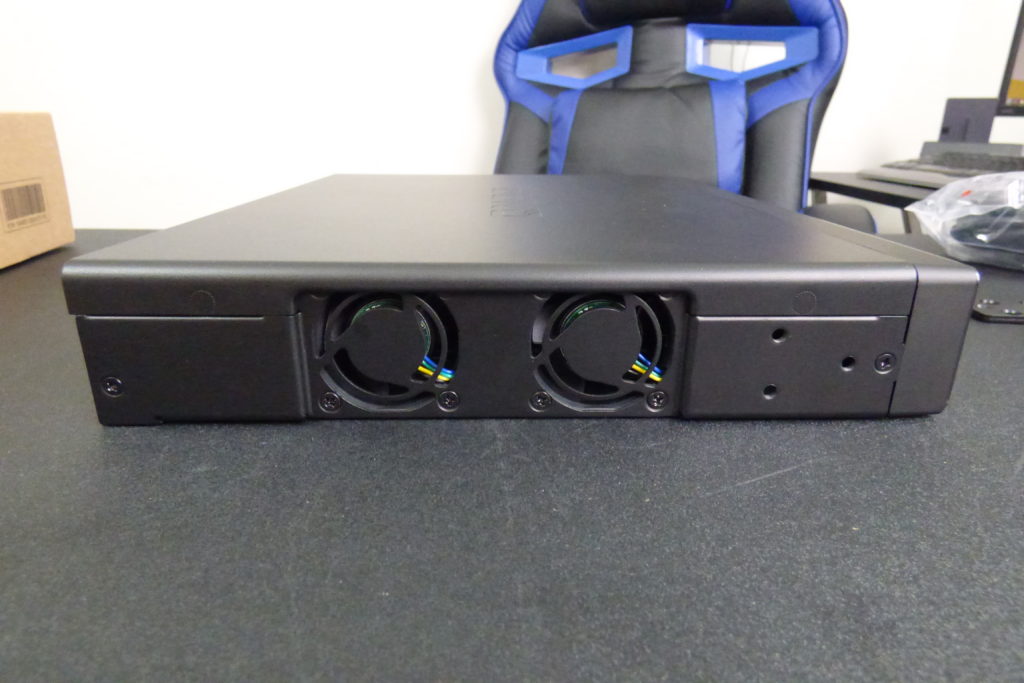
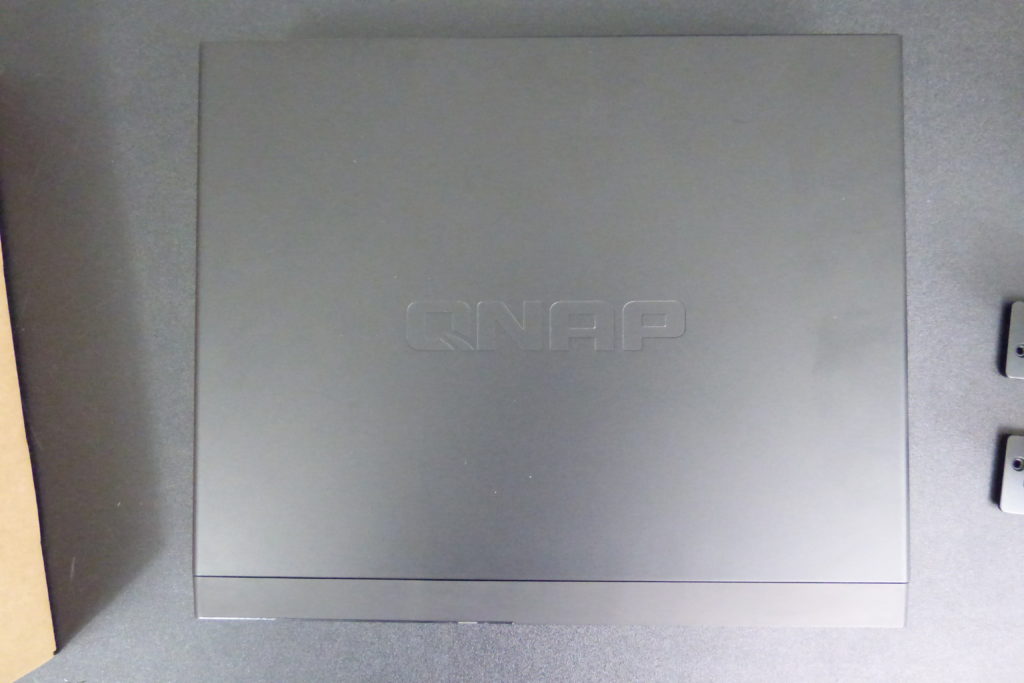
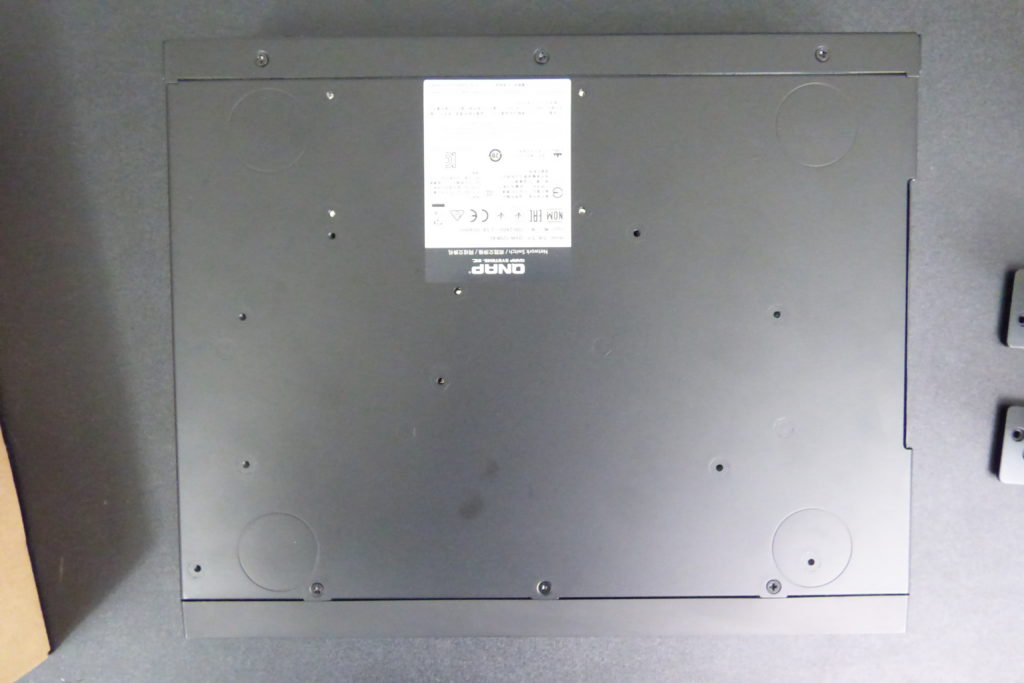
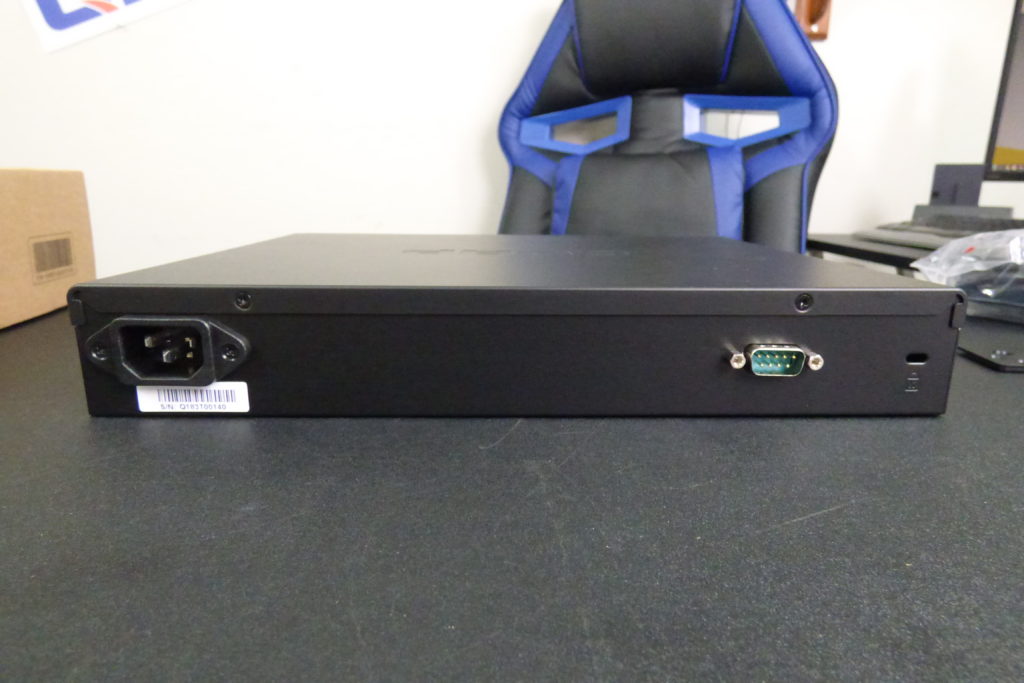
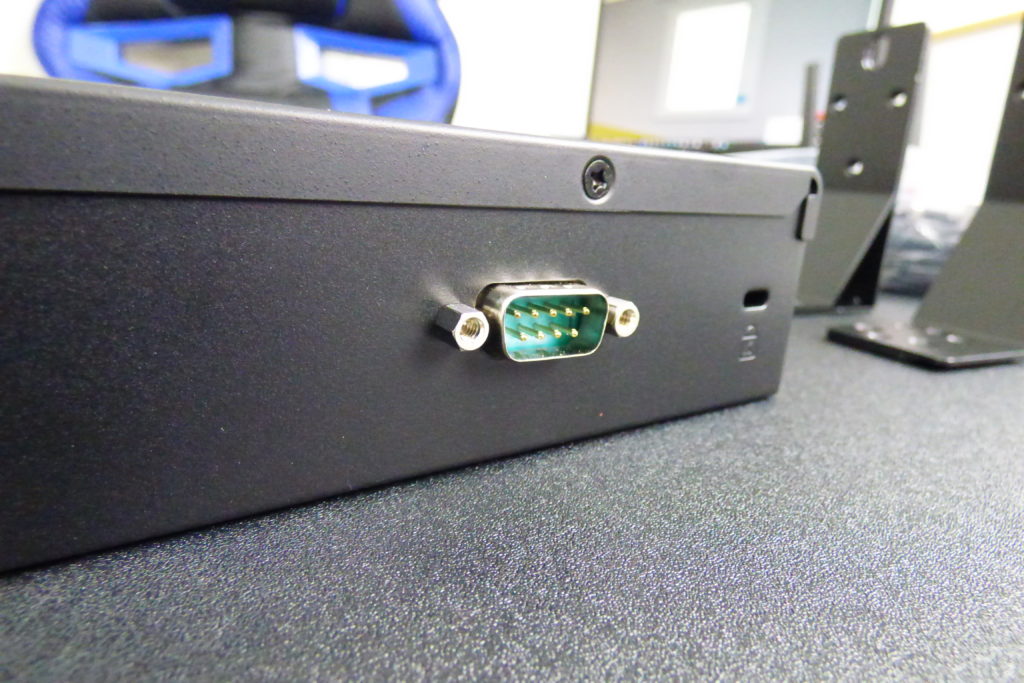
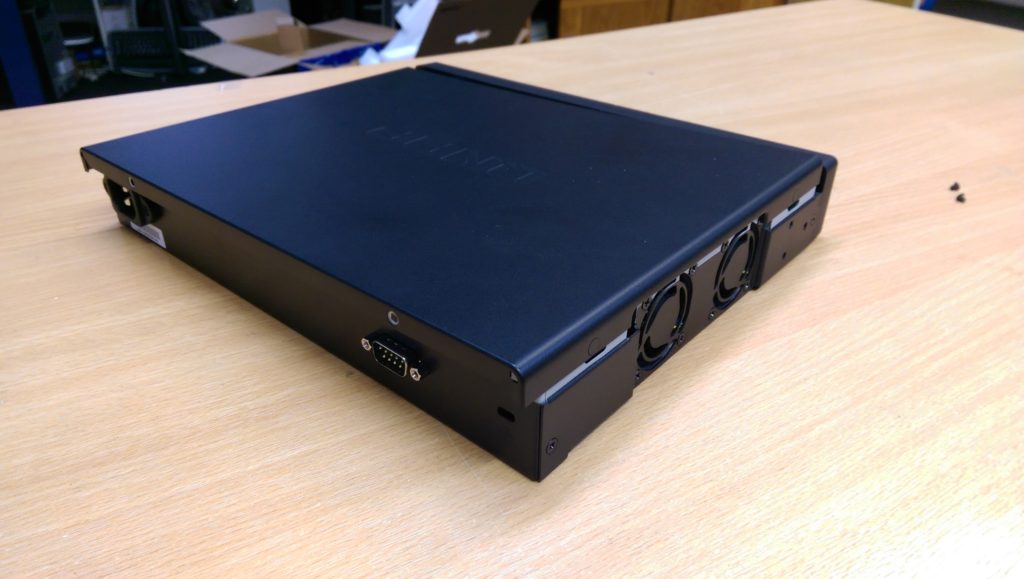
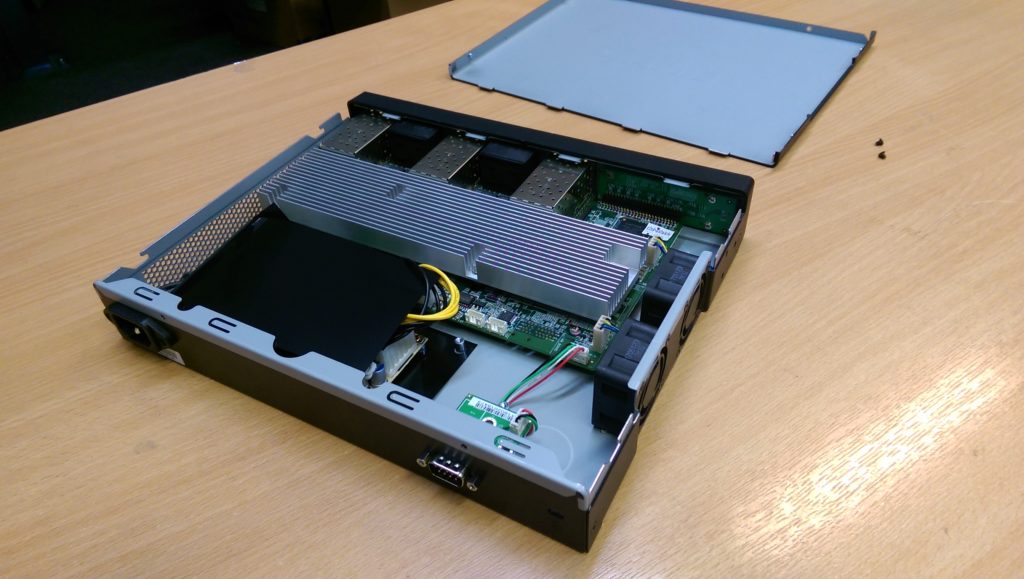
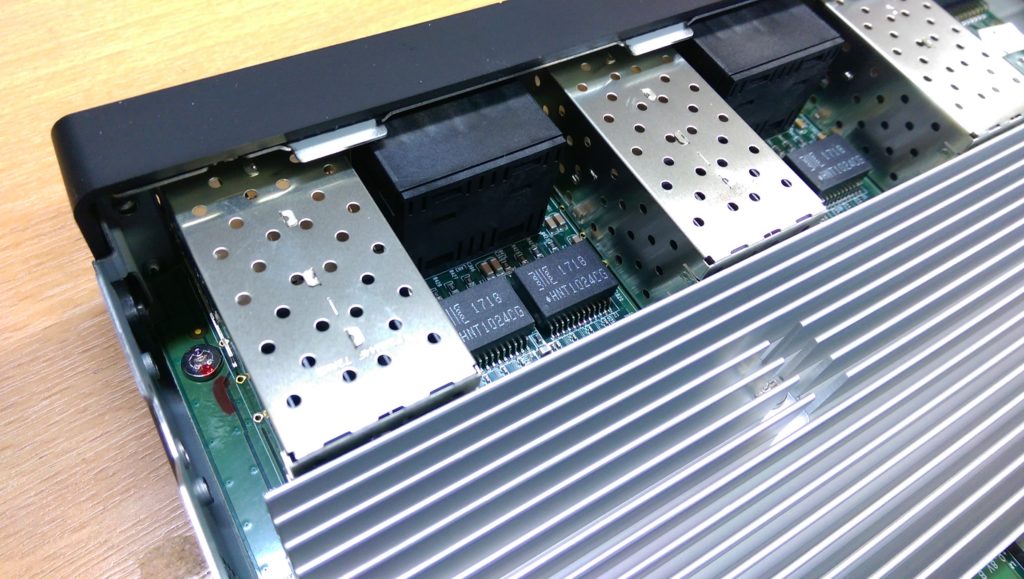
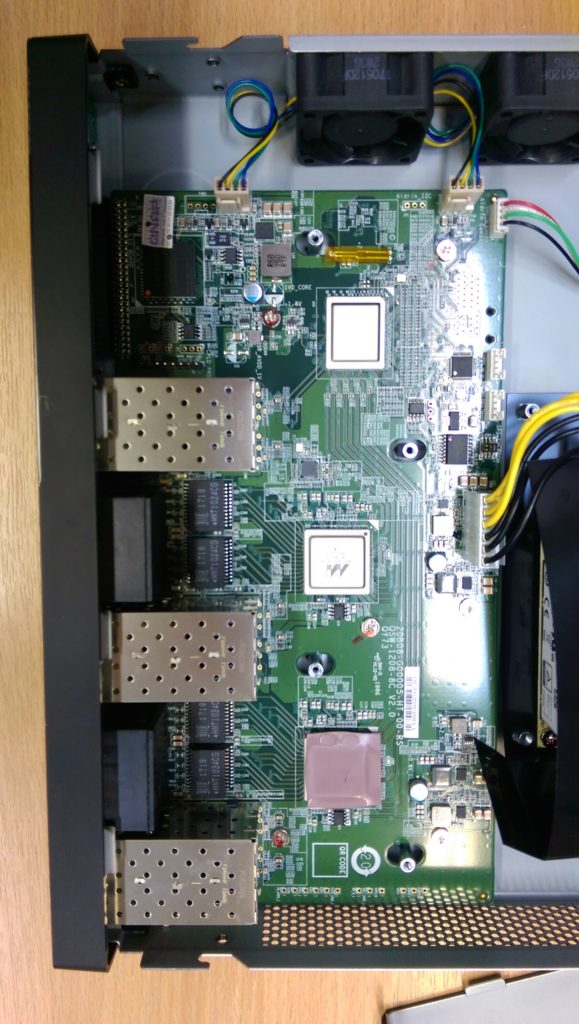
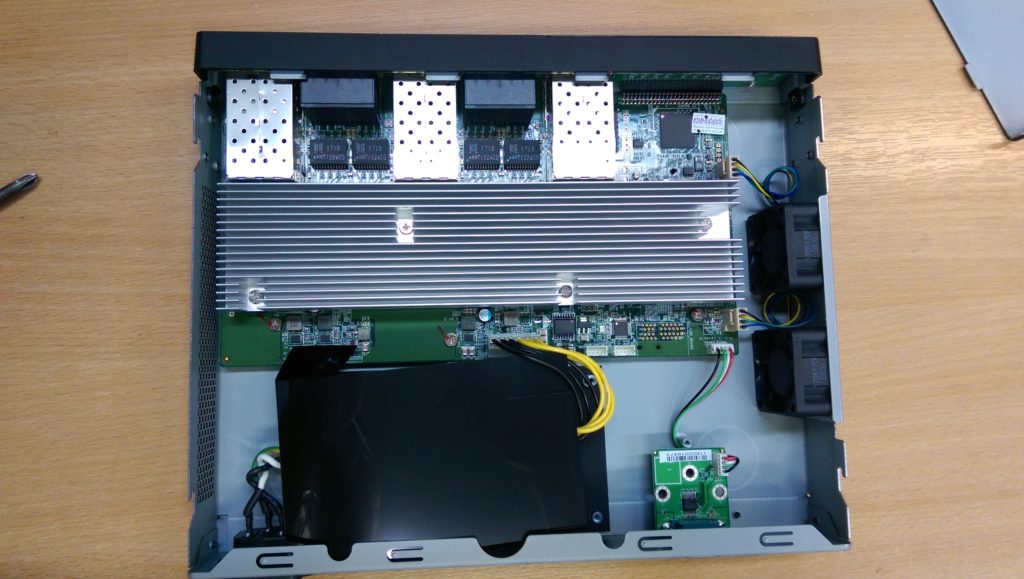
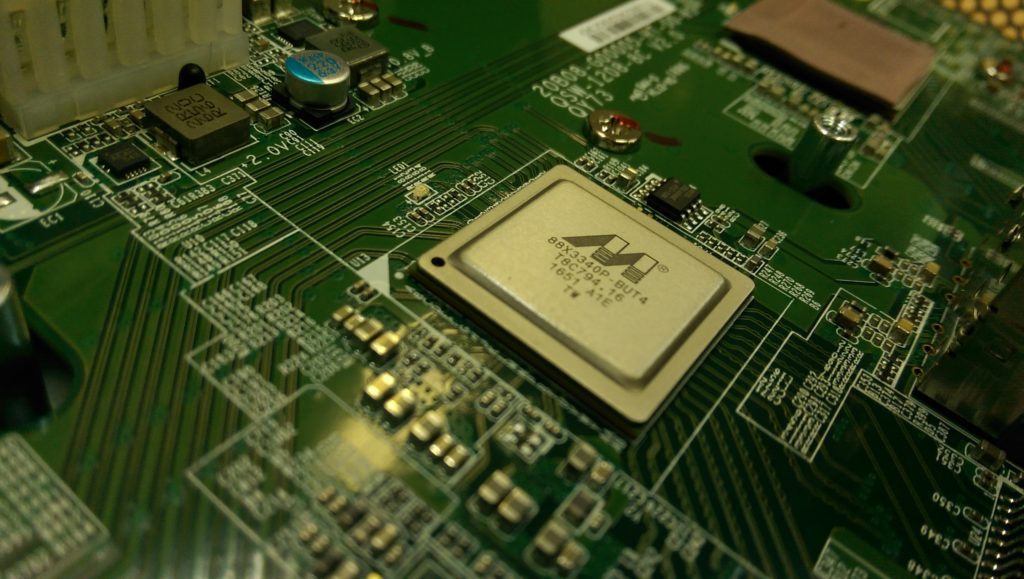
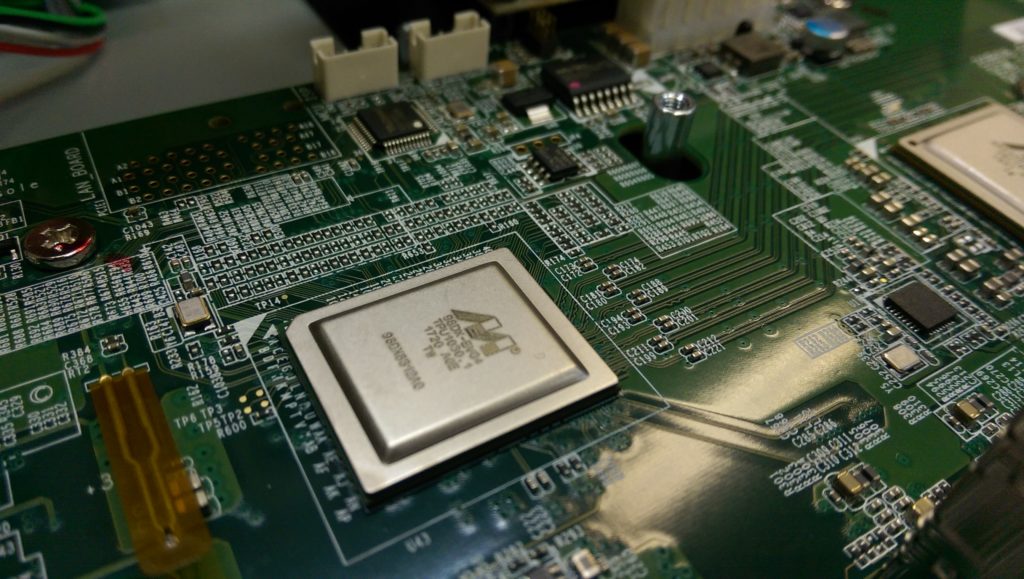
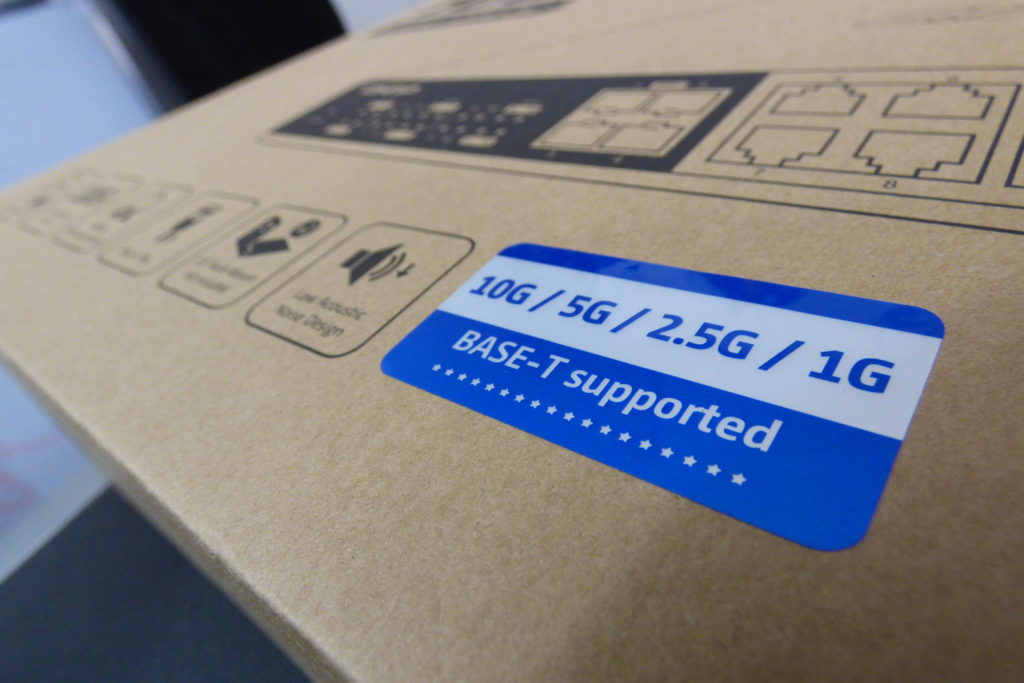
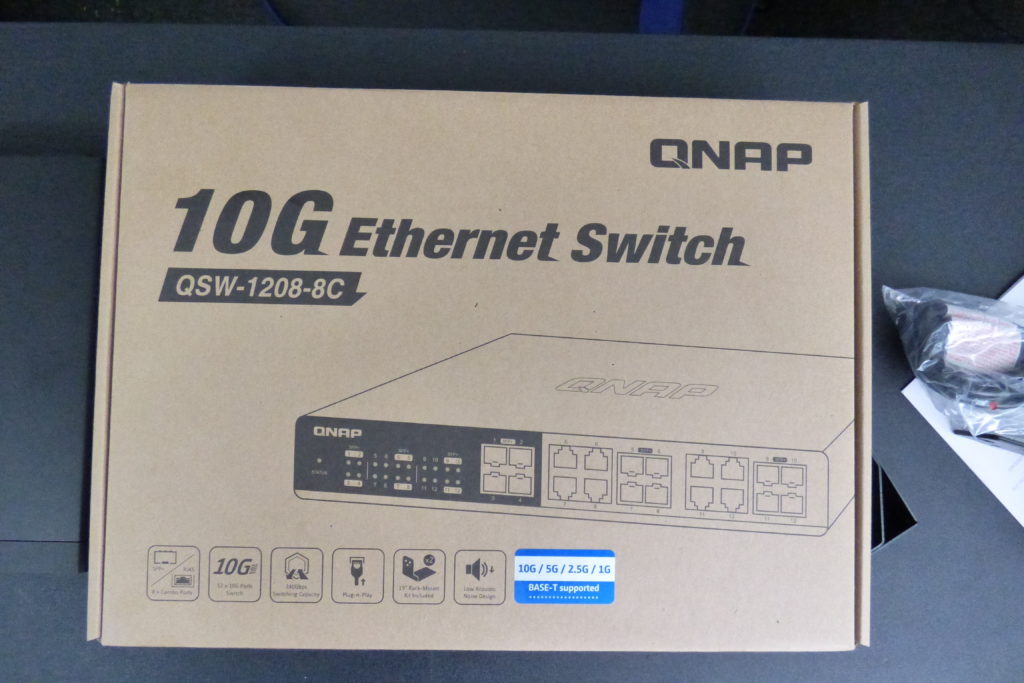



Love your review, very thorough and informative! You wouldn’t happen to know how many watts the switch actually consumes would you? Like with it only plugged into the wall, then with a few idle network cables connected, and finally with an active 10G transfer?
If you email SPAN you may find out from technical department.